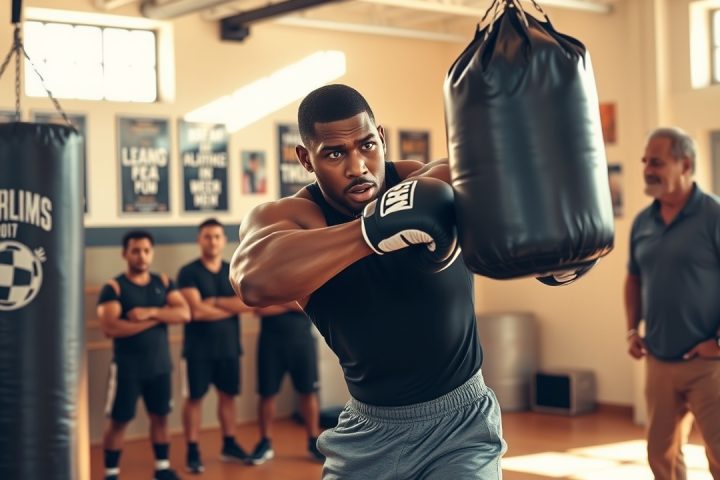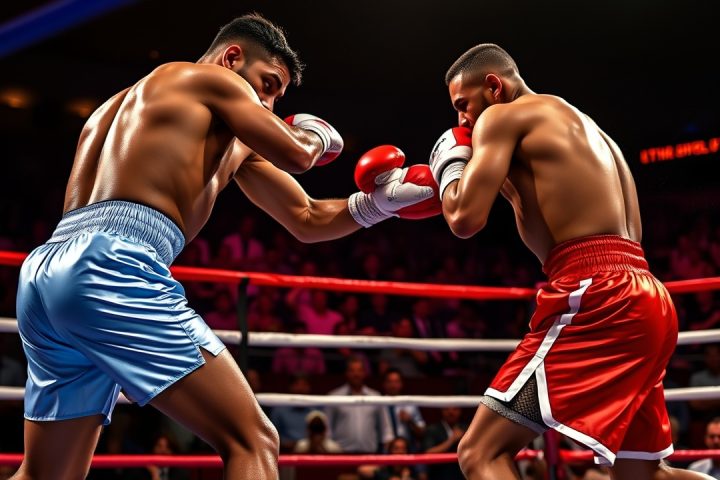Return of Japanese Boxing
On Saturday, October 4, Japanese boxing returns to television for the first time since a somber incident that resulted in the deaths of two fighters, Shigetoshi Kotari and Hiromasa Urakawa, during a single card earlier this year. The previous broadcast, handled by Dynamic Glove, ended tragically and faced backlash due to poorly executed tributes that failed to honor the memory of the deceased.
Scrutiny and Safety Measures
In response to this alarming event, the Japan Boxing Commission (JBC) has been under intense scrutiny regarding its medical oversight, corner inspections, and monitoring practices post-fight. Consequently, promotional bodies, broadcasters, and the Tokyo venue faced close examination, leading the JBC to suspend live shows until appropriate safety measures could be implemented.
Upcoming Event Details
With this backdrop, Dynamic Glove is set to debut a new programming block in partnership with promoter Akihiko Honda and his Teiken Promotions team. The upcoming card emphasizes enhanced safety protocols while also showcasing prominent domestic title matches and up-and-coming fighters, including a bout for the vacant Super Welterweight title.
Scheduled Fights
Scheduled fights include a highly anticipated main event featuring Shokichi Iwata (14-2-0, ranked #10) squaring off against Edwin Cano Hernandez (13-3-1, ranked #16) in the flyweight division. Other notable matchups are:
- Ryota Toyoshima (21-3-1, ranked #39) vs. Rikuto Adachi (19-4-1, ranked #390) in a super welterweight contest
- Takara Kawaguchi (10-0-1, ranked #74) challenging Reito Takahashi (4-0-0, ranked #129) for the vacant Japanese Super Welterweight title
- Lightweight clash between Hyoga Miyata (4-1-0, ranked #282) and Gaito Sakakino (3-1-1, ranked #228)
- Light Flyweight bout featuring Retsu Terashita (8-1-0, ranked #37) against Hyuga Oki (3-0-1, ranked #35)
Commitment to Reform
The JBC has committed to comprehensive reforms, including mandatory ambulance standby at events, more rigorous responsibilities for ringside physicians, and longer medical suspensions for fighters. However, despite these assurances, skepticism runs deep within the boxing community regarding whether structural issues have been adequately addressed or whether the governing body is merely seeking to move beyond the scandal.
Significance of the October 4 Event
As a result, the October 4 event will be more telling than a routine boxing card; it represents a crucial examination of the industry’s safety, accountability, and integrity in a nation renowned for producing boxing greats like Naoya Inoue and Kosei Tanaka. The tragic double fatality has inevitably cast doubt on the JBC’s commitment to fighter safety, prompting many fans to question whether sufficient measures are being put into effect to shield athletes from harm.
Should any incidents occur on the day of the fight, the repercussions could extend far beyond the JBC, significantly impacting the landscape of televised boxing in Japan.
This event will not only be a showcase of athletic talent but will also serve as a barometer for assessing safety protocols, placing immense pressure on the JBC, Teiken Promotions, and associated broadcasting partners to prove their commitment to the sport’s integrity. All eyes will be on Japan, where failure is not an option at this crucial juncture.
Expert Insight
Phil Jay, an established boxing journalist with over 15 years in the field and Editor-in-Chief of World Boxing News since 2010, continues to bring insight into the combat sports world, having covered numerous major events and interviewed a multitude of champions.




